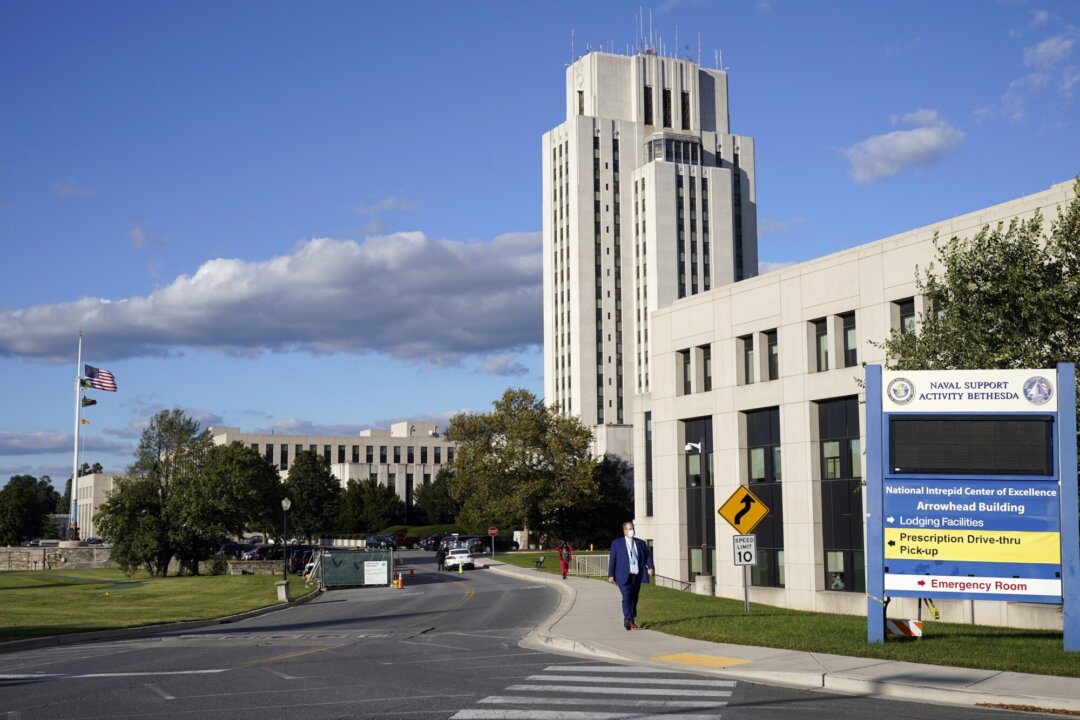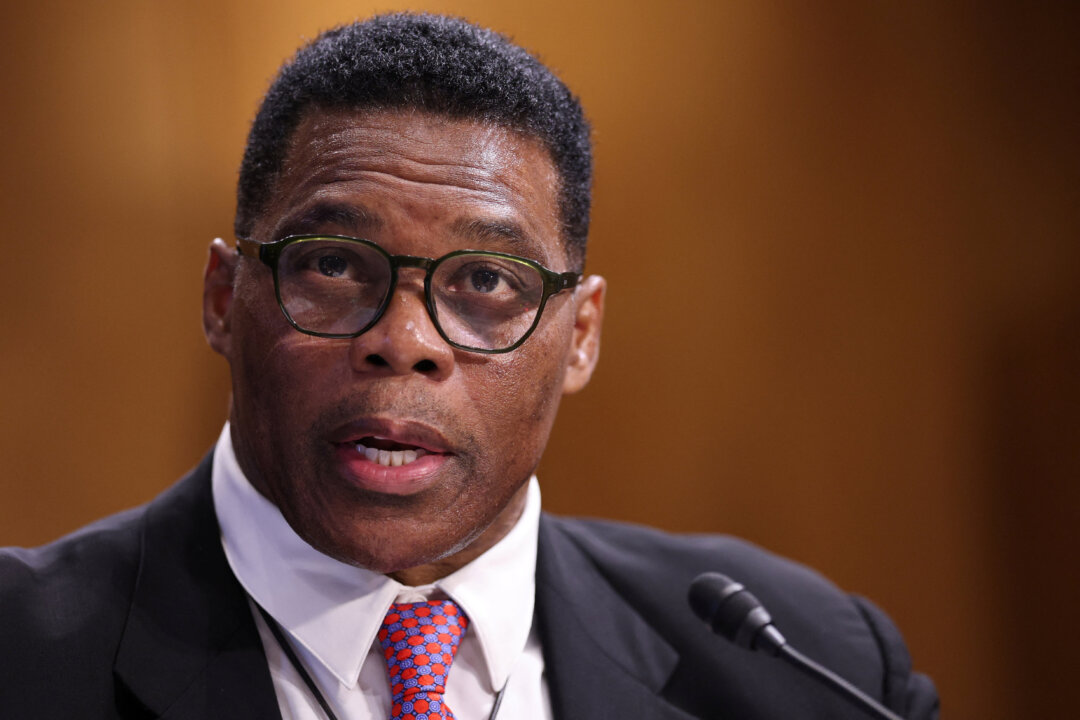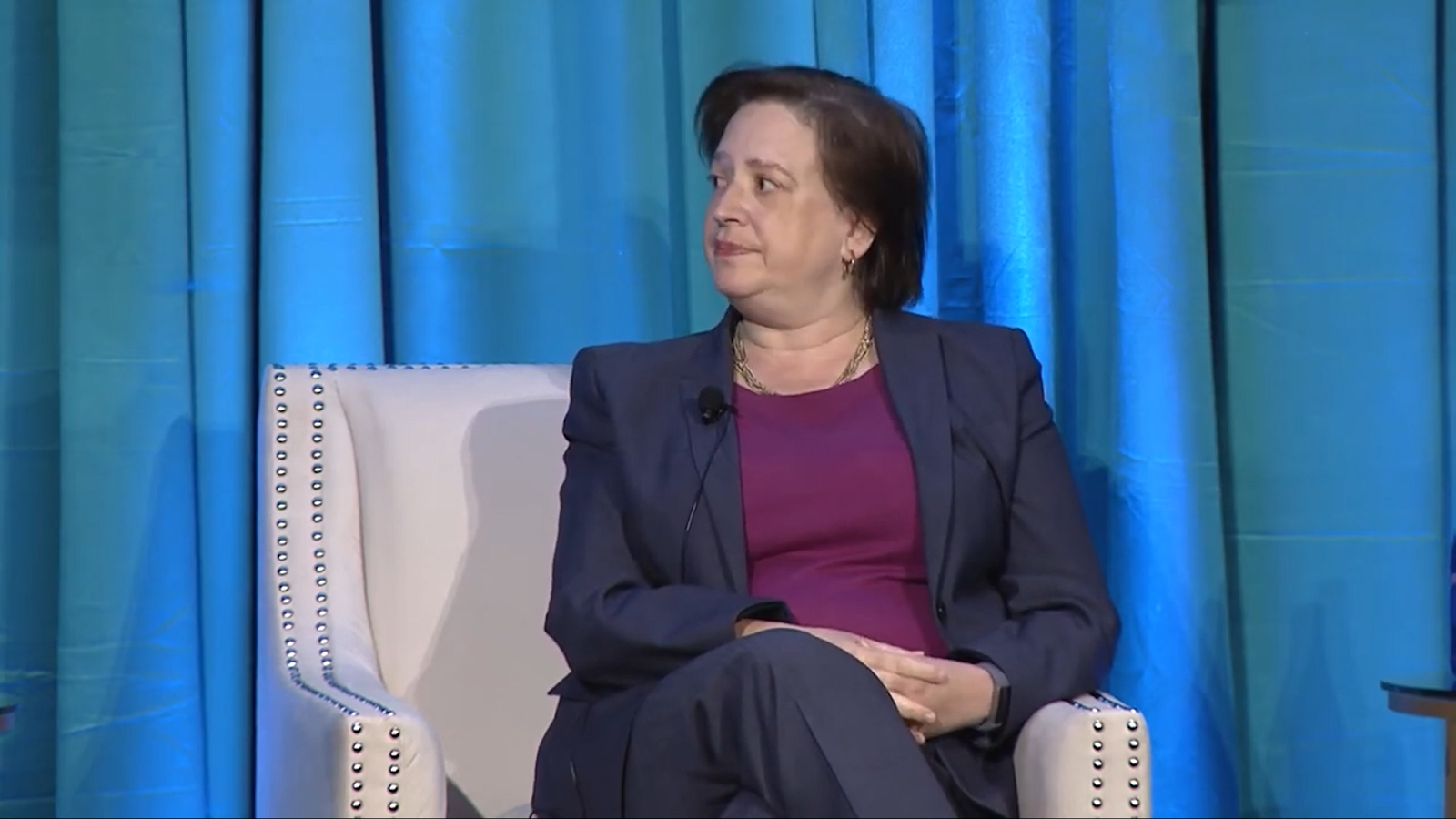President Donald Trump made no secret of the fact that he wanted New York Attorney General Letitia James prosecuted for something, and he got his wish last week when a federal grand jury in Virginia indicted her on charges related to alleged mortgage fraud.
Trump critics ripped the president’s apparently successfulpressure campaign against the Justice Department to bring the case, but that doesn’t make the indictment any less real for James.
So, how will she defend herself against the charges or try to find a way to get them dismissed?
Benjamin Klubes has some ideas. A longtime financial services attorney, he spent three years as a top lawyer at the Department of Housing and Urban Development, including as acting general counsel until he stepped down in January 2025. Today he leads his own firm, Klubes Law Group.
In an interview with POLITICO Magazine, Klubes said if he were defending James, he would lay out the potential lack of proof of any fraudulent intent as well as the notion that James faced “selective or vindictive prosecution” for previously tangling with Trump.
“Letitia James’ lawyers, I’m sure, will do a very good job of meticulously documenting all the assertions of retribution and evening the score,” Klubes said.
The indictment charges James with one count of bank fraud and one count of false statements to a financial institution for allegedly obtaining a roughly $110,000 loan for a home in Virginia that required her to use the property as a secondary residence. According to the indictment, she instead used the home as a rental investment property. The New York Times reported over the weekend, however, that it was James’ grandniece who occupied the property with her family, and that she testified to an earlier grand jury that she doesn’t pay rent.
This conversation has been edited for length and clarity.
If Letitia James were not an enemy of Donald Trump, do you think this case would have been brought?
It's really hard to say that this is a righteous case or this is a completely bogus case when you don't see any of the underlying documentation.
But it's relatively unusual to see an indictment of a single borrower over [an approximately $110,000] loan. I assume it probably was a 30-year loan. You're talking about less than $1,000 a month in terms of the “damages” of the fraud, it's a pretty small potatoes case in that sense.
It's pretty unusual, in my experience, to see a single borrower defendant on a small loan, but it's hard to comment on the particular merits of this case unless you see the underlying documents. There were internal guidelines as to the size of cases that U.S. Attorneys' offices would handle, and this seems on the small, small end of that.
What does the government need to prove to win a conviction?
The fundamental part of it is a knowing and intentional fraudulent statement or fraudulent effort to defraud, in this case, a bank of money based on a false statement.
How can they prove intent?
Documents and witness statements, if you have a mortgage broker involved, if there's any communication back and forth with the financial institution. Typically, there's underwriting of loans. Sometimes there's back-and-forth with the borrower. But it's like any fraud case, or any case where you have to prove the defendant’s intent: Absent words from the defendant, you rely upon documents and what witnesses may say about the transaction.
And then corroborating evidence. The claim here is going to be that this was not a primary residence, but that she asserted it was a primary residence and it wasn't. So you'd have to prove that she asserted it was a primary residence knowingly and intentionally, and then that it wasn't a primary residence. So other documents about where she was residing, tax returns, other filings she made for mortgages, evidence of where she lived — all that is going to be relevant.
If James were your client, how would you go about defending her?
It's going to be the typical ways in which these cases would be defended — attacking the lack of proof of the key elements, the knowing and intentional assertions by the defendant.
And in this case, obviously, you have the overlay of a potential selective prosecution claim. That's always been a high bar. Here you certainly have indicia of selective process, of a motive for a selective prosecution in terms of the president's statements over a time period of years, up ‘til now. I haven't parsed all these statements, but Letitia James' lawyers, I'm sure, will do a very good job of meticulously documenting all the assertions of retribution and evening the score, which obviously raised the specter of a selective prosecution. And then they'll want to delve into the process by which this case was identified and the way it was brought.
We’ve seen Trump administration officials allege others have committed mortgage fraud, including Sen. Adam Schiff and Fed Governor Lisa Cook. Why do mortgages seem to be particularly ripe for this kind of indictment?
They have sort of a willing investigator in [Federal Housing Finance Agency Director] Bill Pulte. You have a situation where there tends to be lots of documentation that exists, some of which is completed by the borrower, some of which may be completed by other people.
Sixty percent of Americans own a home, right? [Trump officials] have access to a set of documents — they're voluminous and sometimes complicated — and they have a willing investigator who seems to have magically found mortgage fraud, or purported mortgage fraud, among three Democrat elected officials, but no Republicans.
If you had to make a prediction, do you think a jury would convict James?
Given the office it came from, the process by which it came to an indictment, the obvious indicia of selective or vindictive prosecution, there very well may be a lot for the defense to work with in defending this case.
.png)














 English (US)
English (US)